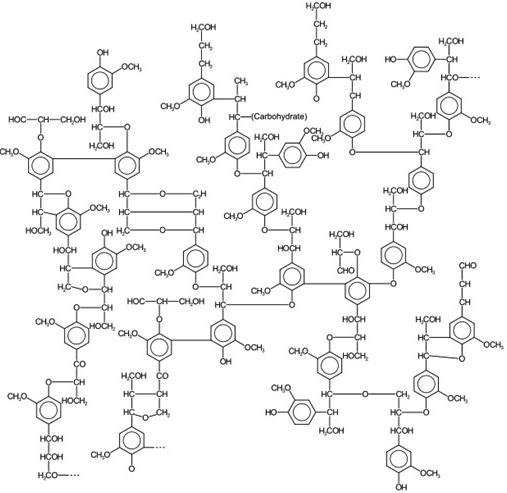with a focus on lignin

Biomass lignocellulose has increasingly become an attractive carbon-neutral feedstock for energy generation and the production of liquid fuels. In addition to the carbohydrates, cellulose and hemicellulose, biomass is comprised of about 25% lignin, a complex polymer consisting mostly of phenolic units. Catalytically breaking down these materials with the ability to direct reaction selectivity toward aromatic products and other higher valuable products is essential. We have focused much of our research on processes such as catalytic hydrogenation and hydrogenolysis of the lignin in super-critical methanol applying earth abundant porous metal oxides (MgO/Al2O3 doped with Ni, Cu, and/or Nb as catalysts). In addition, understanding the fundamental mechanistic chemistry allows for objective designs of new catalytic processes to enhance specificity and activity for environmentally safer and energy efficient chemical transformations.
